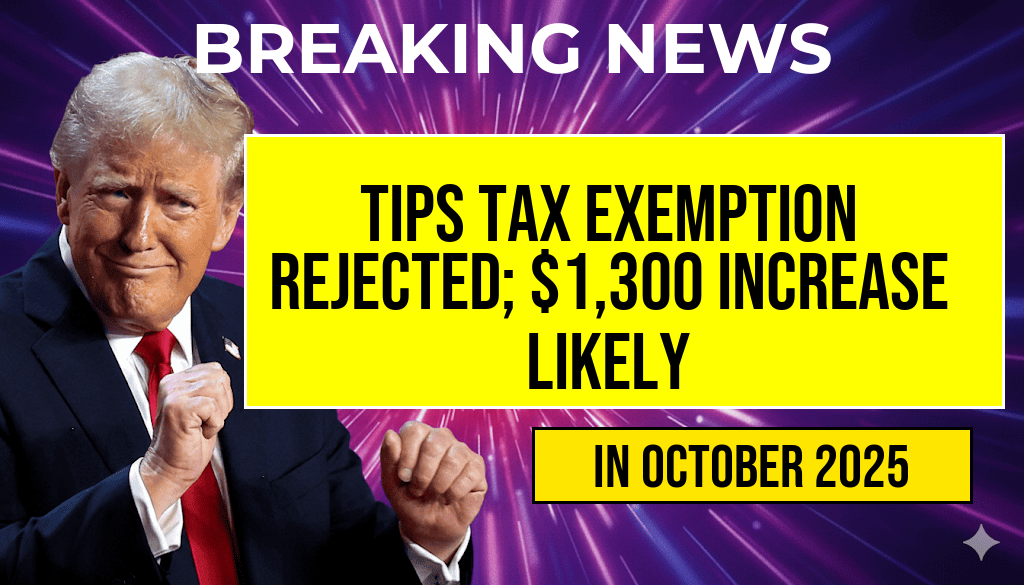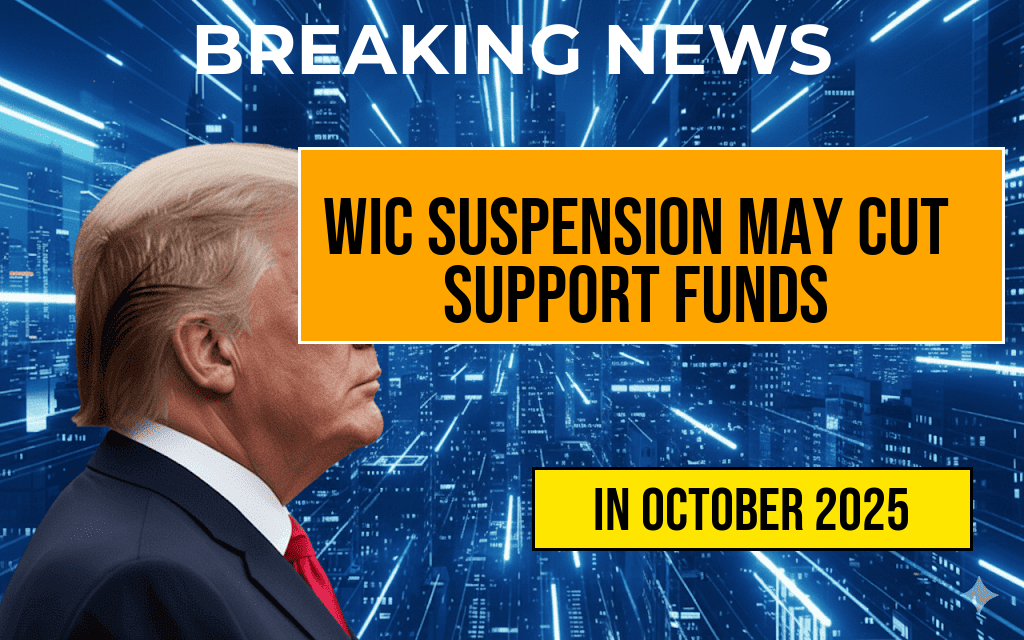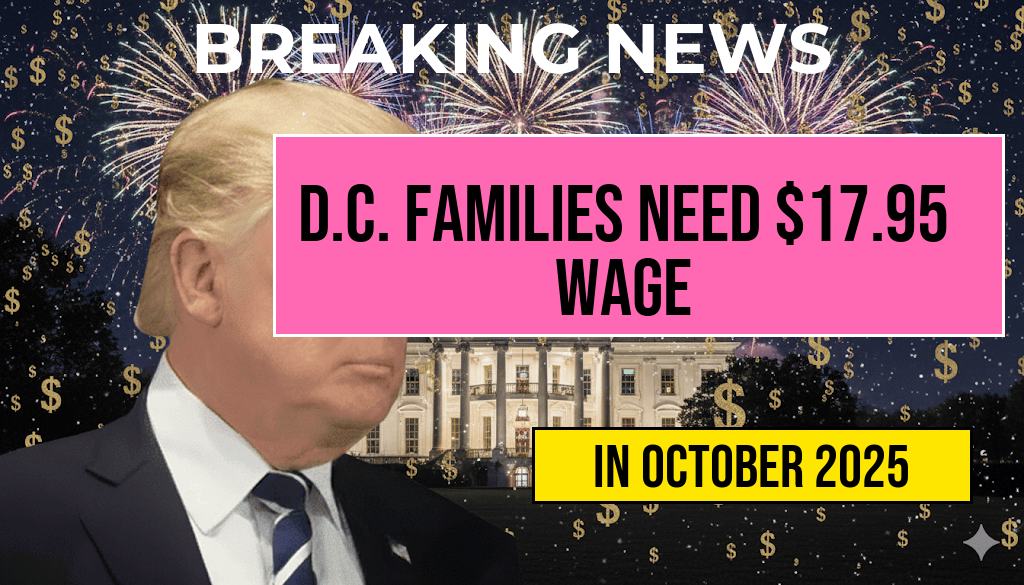Proposed Changes Could Boost Workers’ Take-Home Pay by $25,000 Annually Without Tax on Tips, but Payroll Taxes Still Apply
Legislators are considering a measure that could significantly increase workers’ earnings, especially those reliant on tips, by exempting tip income from federal income tax. If enacted, this change could add up to $25,000 annually to some employees’ paychecks. However, despite this boost, payroll taxes—including Social Security and Medicare contributions—would still be deducted, meaning workers won’t see a full tax-free windfall. The proposal aims to address income disparities in the service industry, where tips constitute a substantial portion of compensation, while streamlining tax obligations for workers and employers alike.
Understanding the Proposed Tax Exemption on Tips
The core of the proposal involves removing federal income tax obligations on tips received by employees in sectors like hospitality, food service, and personal care. Currently, tips are subject to federal income tax, and workers are required to report and pay taxes on their tip income, which can be a complex process. The new legislation would effectively allow tipped workers to keep more of their earnings without the IRS taxing the tips directly, potentially transforming the financial landscape for millions of Americans.
Experts suggest that for workers who typically receive substantial tips—such as waitstaff, bartenders, and hotel staff—the impact could be transformative. By eliminating the federal income tax on tips, the net increase in take-home pay could reach as high as $25,000 annually for some individuals, depending on their tip volume and income level. This change is seen as a move to reduce tax compliance burdens and provide more immediate financial relief.
Payroll Taxes Still Apply
While the exemption would eliminate federal income tax on tips, it would not affect payroll taxes, including Social Security and Medicare contributions. These taxes are deducted from gross wages and tip income regardless of income tax status, meaning workers will continue to have payroll taxes withheld from their earnings.
| Tax Type | Current Situation | Proposed Change |
|---|---|---|
| Federal Income Tax on Tips | Applicable; workers report and pay taxes on tips received | Exempted; tips are not subject to federal income tax |
| Payroll Taxes (Social Security & Medicare) | Applicable; deducted from wages and tips | Still applicable; deductions continue |
Potential Economic Impact and Industry Response
Advocates for the measure argue that exempting tips from federal income tax could lead to increased disposable income for workers, potentially reducing turnover and improving job satisfaction in the service sector. “This change could be a game-changer for many employees who rely heavily on tips,” said labor economist Dr. Lisa Martinez. “It simplifies tax reporting and ensures more of their earnings stay in their pockets.”
However, critics raise concerns about the broader fiscal implications. Removing federal income taxes on tips could result in significant revenue shortfalls, which might impact federal programs funded through income taxes. Additionally, some industry representatives worry that the change might lead to wage inflation or complicate wage and tip reporting requirements for employers.
Legal and Policy Considerations
The proposal is still in the legislative stages, with lawmakers debating its merits and potential drawbacks. To qualify, the measure would need approval from Congress and possibly adjustments to existing tax codes. The IRS would also need to clarify procedures for employers and employees to implement the exemption smoothly.
For workers, the change could mean less paperwork and easier compliance, but they should remain aware that payroll taxes will still be withheld from their earnings. The policy aims to strike a balance between tax relief and maintaining the funding streams for social programs that rely on payroll taxes.
Resources for Workers and Employers
As discussions continue, workers in tip-dependent industries should stay informed about legislative developments and consider consulting tax professionals to understand how potential changes could affect their earnings and tax obligations.
Frequently Asked Questions
Question
How can my paycheck increase by $25,000 without being taxed on tips?
Answer
Your paycheck could see an increase of up to $25,000 through new tip reporting or tax exemption policies, allowing you to earn more without paying taxes on tips. However, it’s important to understand that payroll taxes still apply.
Question
Are tips completely tax-free if my paycheck increases significantly?
Answer
No, tips are generally considered taxable income and must be reported. While your paycheck might increase without immediate tax on tips, payroll taxes like Social Security and Medicare still apply.
Question
Will I still have to pay payroll taxes if my tips are not taxed?
Answer
Yes, even if your tips are not taxed directly, payroll taxes such as Social Security and Medicare still apply to your earnings, including tips.
Question
What changes are leading to the potential $25,000 increase in my paycheck?
Answer
The potential increase is driven by new policies or reporting methods that allow more tips to be earned and kept without immediate taxes on tips. These changes aim to benefit workers in service industries.
Question
Is there any risk or consideration I should be aware of with increasing my tips or paycheck through these methods?
Answer
Yes, it’s important to ensure compliance with tax laws and report all tips accurately. Consulting with a tax professional can help you understand the implications and avoid potential legal issues.










